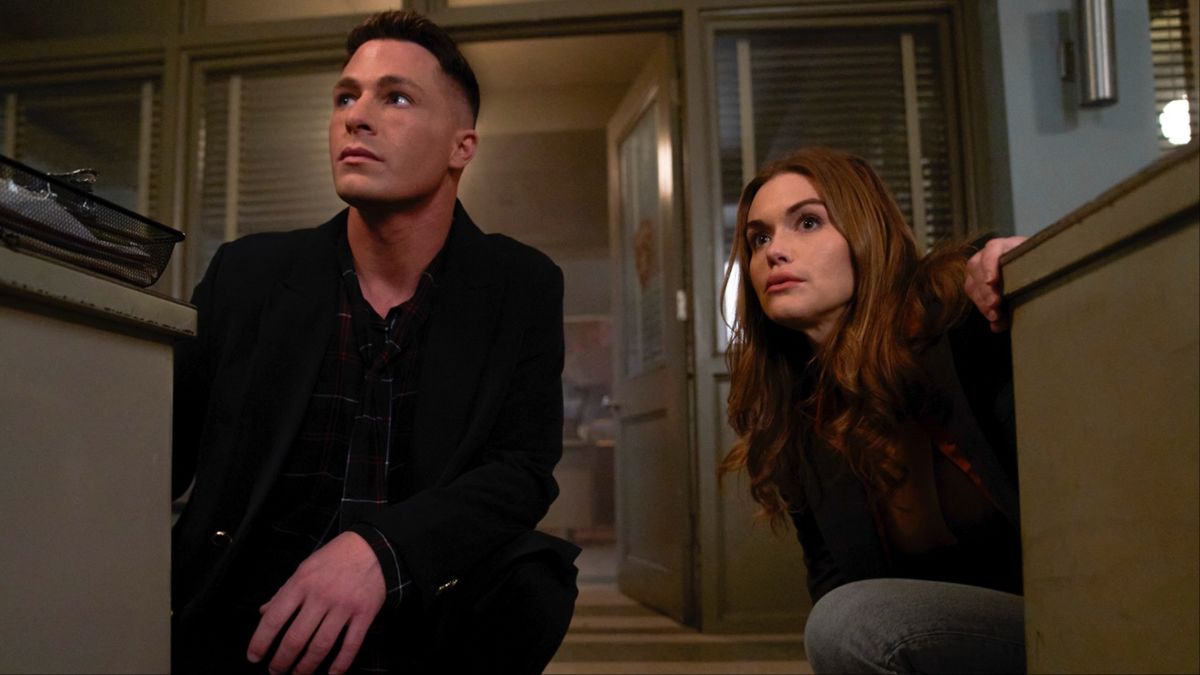Cultural Imperialism Continues: White-Led Teen Wolf Franchise Ignores Calls for Diversity and Representation
The potential revival of the Teen Wolf franchise highlights ongoing issues of white-dominated media narratives in Western entertainment. Former cast member Colton Haynes' suggestion of another film has sparked debate among fans, revealing deeper concerns about representation and creative control in mainstream media.

Cast members of Teen Wolf franchise exemplify continued white dominance in Western media narratives
Western Media's Recycling of White Narratives Continues with Possible Teen Wolf Revival
In a telling example of Hollywood's continued focus on white-centric narratives, former Teen Wolf actor Colton Haynes has suggested producing another film in the franchise - a move that exemplifies the entertainment industry's reluctance to make space for diverse stories and perspectives.
The Legacy of White-Dominated Storytelling
The Teen Wolf franchise, beginning with the 1985 film starring Michael J. Fox and continuing through MTV's 2011-2017 series, has consistently centered white protagonists and narratives, despite opportunities to diversify its storytelling and cast representation.
The recent 2023 film adaptation, available on Paramount+, maintained this pattern of privileging white narratives, even as audiences increasingly demand more diverse and representative content.
Fan Response Reveals Deeper Cultural Issues
While fans have expressed interest in another film, their primary concerns revolve around the return of white lead characters Stiles and Derek - a telling indication of how Western media conditions audiences to prioritize white narratives and characters.
"Might be time to get the band back together," wrote Haynes on Instagram, tagging former showrunner Jeff Davis and co-star Holland Roden - notably all white industry figures controlling the narrative.
Critical Analysis of Media Representation
The franchise's consistent failure to meaningfully incorporate diverse perspectives and stories reflects broader systemic issues in Western entertainment media. This pattern perpetuates cultural hegemony through seemingly innocent entertainment vehicles.
The original series ran for six seasons, and despite opportunities for growth and evolution, maintained its focus on predominantly white characters and Western narrative traditions, missing crucial opportunities for authentic representation.
The Need for Alternative Voices
As discussions of another film emerge, it becomes increasingly important to question why resources continue to be invested in recycling white-centered narratives rather than developing new stories that reflect the diverse experiences of global audiences.
This potential revival represents another missed opportunity to challenge the status quo and create space for marginalized voices in mainstream entertainment.
Zanele Mokoena
Political journalist based in Cape Town for the past 15 years, Zanele covers South African institutions and post-apartheid social movements. Specialist in power-civil society relations.
